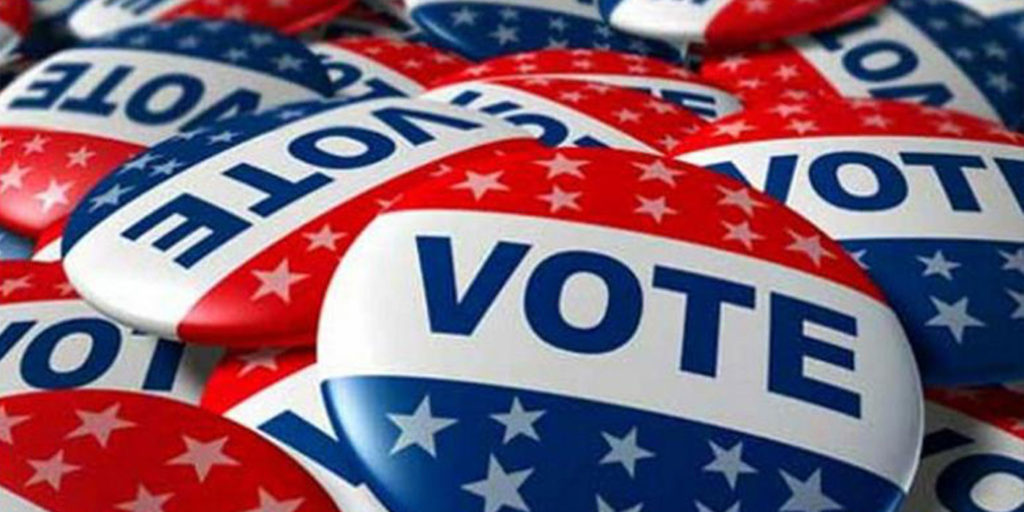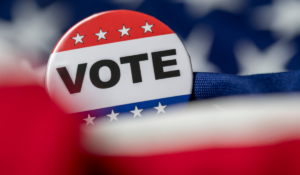Red Flags Raised Over Voter-Registration Rejections in Ohio


Red Flags Raised Over Voter-Registration Rejections in Ohio
By Mary Schuermann Kuhlman
COLUMBUS, Ohio — A high percentage of rejected voter registrations in three of Ohio’s biggest counties is raising some red flags.
According to the Election Administration and Voting Survey, in 2019 and 2020 a majority of online or in-person registrations in Ohio were accepted, while those registrations sent by mail, the Department of Motor Vehicles or public agencies were more likely to be rejected. Specifically, 18% of registrations from designated public agencies were not approved.
Kayla Griffin, state director of All Voting is Local-Ohio, explained more than half of rejections came from Cuyahoga, Franklin and Montgomery counties.
“These are state agencies or agencies that folks are entrusting, whether they are the schools or the public libraries,” Griffin pointed out. “They should be the ones who are best equipped, aside from the Board of Elections, to really carry out and facilitate these voter registrations.”
The organization is calling for the board of directors in the three counties to investigate the agencies, as well as requesting the release of information related to the rejections.
Griffin noted the hope is the issues can be rectified to ensure access to the ballot is not being hindered.
She added the rejections could be the result of missed deadlines or a need for additional training for volunteers and workers.
“If they aren’t filling out the forms properly, are they also being alerted that, ‘This form wasn’t accepted, and you need to do it again,'” Griffin asked. “I doubt it, but we don’t know, and so we want the boards to start asking some of those questions.”
All Voting is Local sent its requests in letters to Board of Elections officials in Cuyahoga, Franklin and Montgomery counties, as well as Ohio election leaders.
“The Secretary of State is the chief oversight for elections, so if we don’t hear back from the boards we will escalate it to the Secretary of State and ask that their office look into it and figure out what is going on,” Griffin emphasized.
At the national level, about 3% of all registrations were invalid or rejected. At directed public-assistance agencies, about 9% were invalid or rejected.
Support for this reporting was provided by The Carnegie Corporation of New York.









